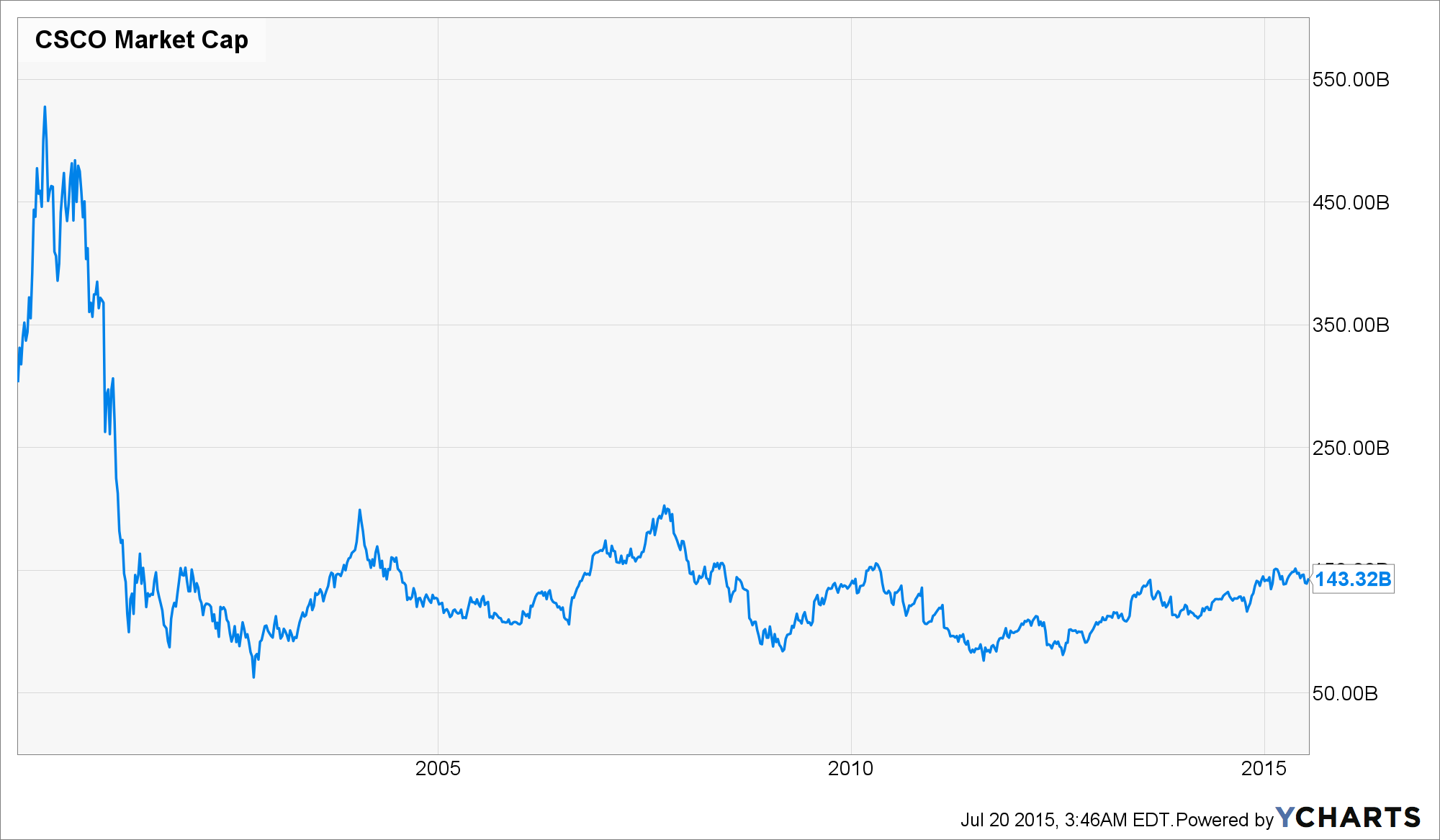 With the price of gold crashing through record highs most days of the week at the moment, I should imagine most gold bugs are having trouble keeping smiles off their faces.
With the price of gold crashing through record highs most days of the week at the moment, I should imagine most gold bugs are having trouble keeping smiles off their faces.
To keep all these fine people in a continuing happy mood — after a few months of nervousness that Ben Bernanke was somehow, despite all logic, going to get away with his quantitative easing money printing programme — I thought I would do a round-up of the latest MP3 shows on King World News, where a certain ‘dominant theme’ is evident, based upon the dreaded ‘G’ word:
- John Hathaway predicts $1700 gold, and also discusses silver, a dollar collapse, quantitative easing, and more (Gold bug rating ****, Interview proper begins at 45 seconds, Broadcast on March 4th)
- James Turk predicts $1800 dollar gold this year, and also discusses a dollar value profile of sudden rapid collapse, silver, mining shares, Trichet and the ECB, and more (*****, 56 seconds, March 5th)
- Ben Davies predicts that a real break through at $1440 for gold, will mark a new up run, and also speaks about the Middle-East, the ECB, silver, and more (***, 59 seconds, March 5th)
- John Embry predicts $1650 gold on this particular up move, and also speaks about silver, quantitative easing, and much more (****, 49 seconds, March 7th)
The big date is going to be the 30th of June. If Mr Bernanke keeps going with his quantitative easing after this point — which in my own view is a no-brainer — then all bets are off on the upside potential of gold and silver in terms of dollars. We shall have to see if our own central planning money board at the Bank of England tries to accompany Ben down on his race to the bottom, to keep him company, but I would imagine they will, though hopefully not at the same prodigious rate, particularly given this news from Zero Hedge.




“With the price of gold crashing through record highs most days of the week at the moment”
It’s worth noting that gold is only at record highs in nominal terms, and only against the US dollar.
The nominal GBP price peaked at £915.55/oz on 27 December 2010, and now stands at £882.32/oz.
What’s remarkable about that, of course, is that in 1931, the British pound was defined as 0.2354 ounces of gold, making one ounce of gold equal to £4.25, by using the back of a trusty envelope. At today’s price of £882.32/oz, this means the UK pound is now at 0.48% of its original value in 1931. This really is shocking. It means the Bank of England has been inflating on average at a rate of 6.9%, every year, for the last 80 years, following a 214 year period of 0% inflation, per annum, from 1717, when Isaac Newton fixed the broken UK monetary system, as best he could.
No wonder we’re in such a financial mess now, with the government helping itself to so much of our productive output, to squander on itself and its friends, especially as compared to the period before 1914 when it really started to let rip on itself.
[I was talking to someone the other day who bemoaned the fact that the British government wasted so much. I think she had difficulty with my retort that ‘the waste is the point’ and that the whole point of the British government ever spending anything usefully – which I’ll charitably assume at 1% of its outgoings – is so it can help itself to the benefits of the other 99%, and waste this on itself. The British government exists to waste money, to pay its members and friends enormous salaries, pensions, and fees. The rest is just the charade it has to go through to justify this spending.]
So how long before it’s a thousand pounds an ounce, assuming that £882.32/oz is a stable price (which it won’t be). At the average rate of inflation, of 6.9% p.a., that should be about 1.87 years, or Christmas 2012 in round numbers.
I have a particular friend who has bet a considerable amount that we’ll see £1,000 pound gold well before then. But, as they say, we shall see.
As Dominic Lawson once said, in his great article, “It all went wrong when we left the gold standard”.
Here’s his excellent piece, from 2008 no less, and quoting Ludwig von Mises in depth:
Dominic Lawson gets it right
Will the next Sir Isaac Newton please stand up.
I am very interested in the idea of a full reserve banking gold monetary system. However, won’t this just result in gold hoarding rather than investing? If the economy grows e.g. we make more bushells of wheat and more carts, and the supply of gold remains the same, the exchange value of gold will rise. In other words there will be gold deflation. Under these circumstances the rational response is to hoard gold in full reserve banking accounts and not to investment. Compared to negative interest rates that best bet is just to hold onto gold. There will be no saving and investing only hoarding.
Spencer
Hi Spencer,
I think you’ll have to break out the ol’ Murray Rothbard, to bust this one. Before you read ‘What Has the Government Done to Our Money?’, as a warm up to ‘Man, Economy, and State’, you might just want to ask yourself the question: ‘Was there no investment in Great Britain before 1931?’ or ‘Was there no investment in the United States before 1933?’, when each country came off their (admittedly statist and highly faulty fractional reserve) gold standards.
You could also ask, when was Great Britain’s time of greatest industrial expansion? Was it during the ‘Industrial Revolution’ when gold was money, or was it at some other time since 1931, when we’ve been on the Bank of England’s paper rubbish? (E.g. the 1930s, or the 1970s springs to mind, or even our current ‘wonderfully managed’ situation).
Once you’ve answered those questions, then move on to Murray Rothbard. Start here:
=> http://mises.org/money/2s9.asp
Then read the whole book from cover to cover.
Then read ‘Man, Economy, and State’ (available for free at the same site, as a beautifully produced PDF).